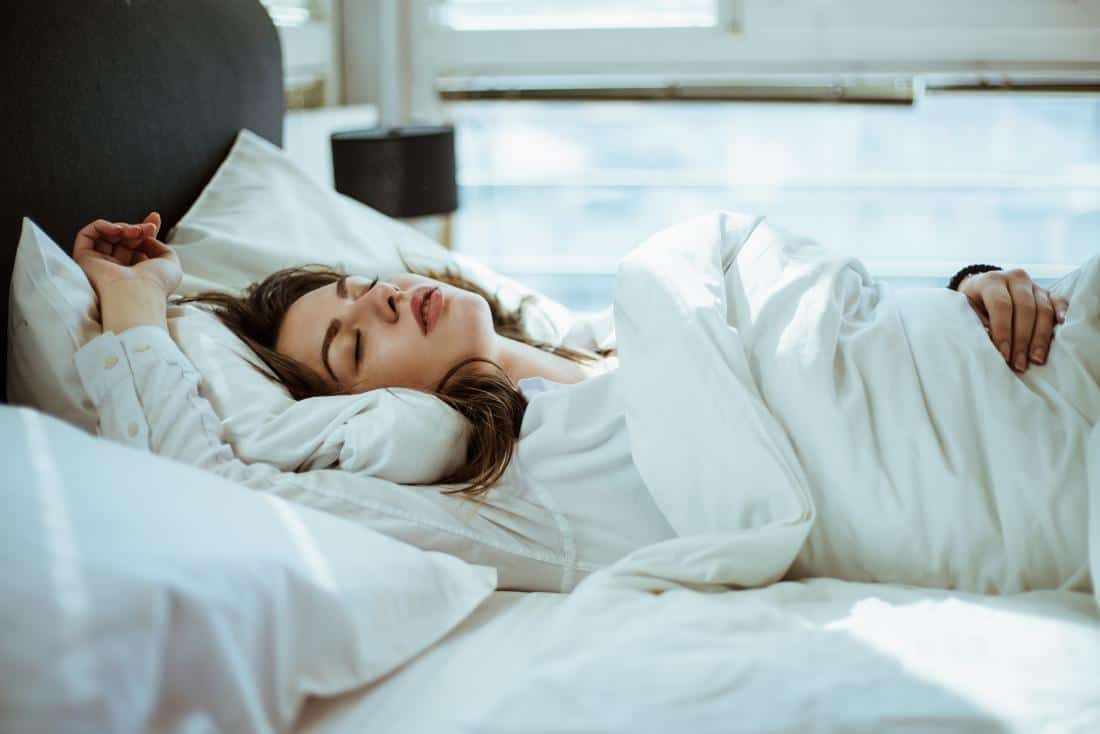Do you grind your teeth at night?
According to the American Sleep Association, 10% of Americans suffer from bruxism, a medical term describing unconscious grinding, clenching and gnashing of teeth. These incidents can occur several times in the night (sleep bruxism) and even during the day (awake bruxism).
The masseter muscle present in the jaw, which performs the act of chewing, is an extremely strong muscle that can generate 600 pounds of force per square inch of your teeth. When you’re chronically grinding your teeth, the chances of flattening, fracturing, chipping or loosening them become extremely likely.
Common symptoms of Bruxism include tooth decay, loss of tooth enamel, exposed dental nerves, aching jaws, long-lasting facial pain, swelling of gums, chronic earaches and headaches.
Traditional treatment has always been dental or sleep disorder related ones, but new findings are now showing that botulinum toxin (Botox) can be a quick and easy way to control bruxism.
The Neurologyjournal recently published results of research where subjects treated with Botox injections, instead of a placebo, found their condition “very much improved”.
How Is Botox Administered To Control Teeth Grinding?
Small doses of Botox are injected in the temporal and masseter muscles which relaxes and stops them from making the involuntary grinding motions.
While common treatments such as dental night-guards certainly help protect the teeth, they cannot treat the root cause and reduce muscle movement itself like Botox can.
The treatment is temporary, of course (Botox will not kill nerve signals permanently) and has to be repeated in about four months. But, stopping constant clenching and grinding is a significant relief from chronic symptoms of Bruxism.
Another interesting way that Botox can help with teeth grinding is by managing stress. One of the main causes of Bruxism is increased anxiety and stress, and after many studies, Botox is now being researched as a medication to alleviate depression and migraines.
If you already receive Botox injections as an anti-aging treatment, this is great news for you! Talk to your doctor about Botox if you clench your teeth in your sleep or if your partner is complaining about the sharp, grinding sounds you make while doing it. It could be a one-stop solution to look younger and protect your teeth and gums from further damage.

